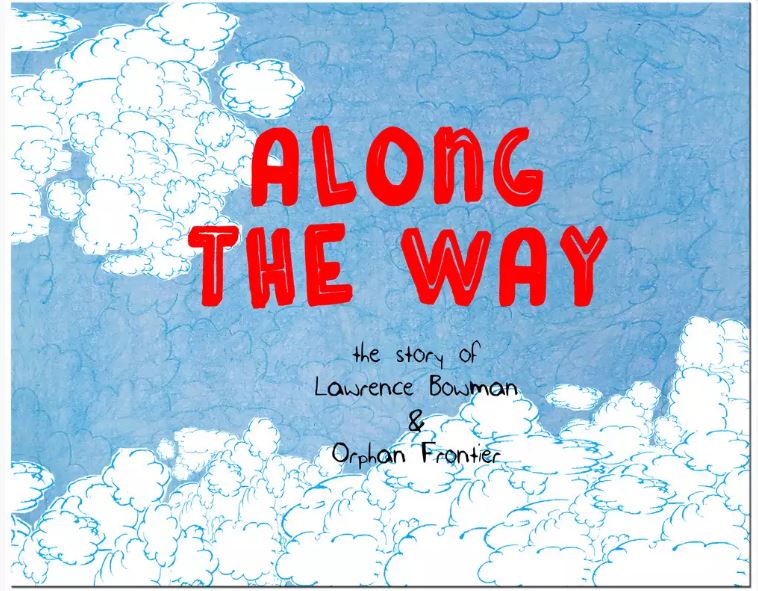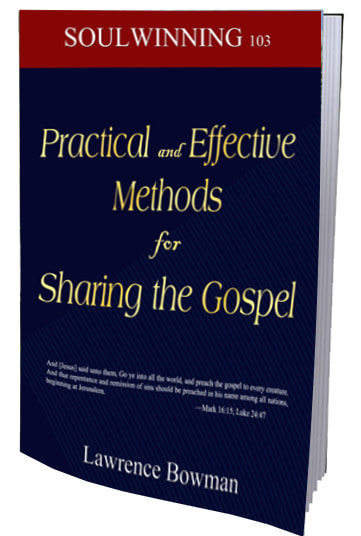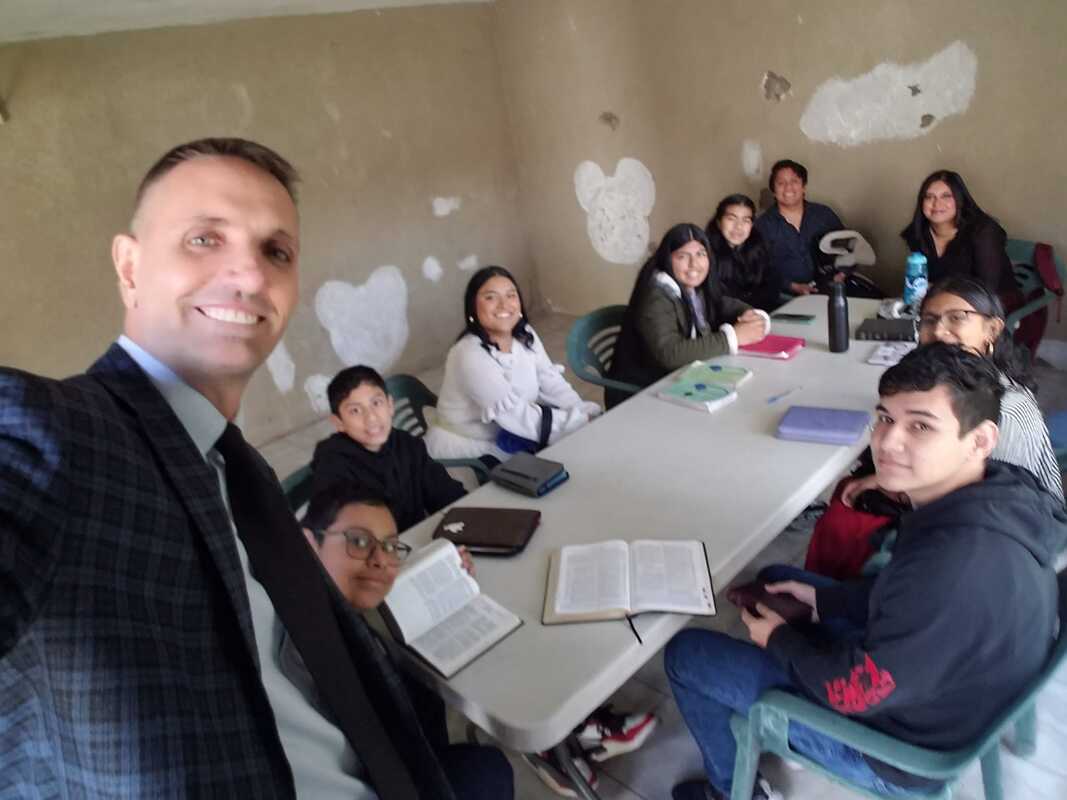
When we lack a deep understanding of God's ways, we may perceive as if the hand of God is against us. The is well-illustrated by the story of Naomi in the Holy Bible. She was a Jewish woman living in land of Moab, who experienced a devastating loss of her husband and two sons, as well as living in a harsh famine. She struggled to make sense of her deep sufferings. Despite God's promises, grew bitter and expressed her belief that God was punishing her, saying in Ruth 1:13, "the hand of the Lord is gone out against me." However, her life story reveals that in unexpected ways, Naomi ultimately found hope and redemption. Her journey highlights the importance of maintaining trust in God even in the darkest of times.
If you might be feeling that the hand of the Lord is against you, think again. God isn’t against you; He’s for you. As a Christian, it's important to have faith in God's sovereignty, which means that we believe that even the most difficult situations are not the result of chance or luck. Instead, we trust that God is in control of every aspect of our lives, no matter how small.
The Bible makes it very clear that God has the power to intervene in our lives and prevent disasters or heal illnesses. However, it’s also clear that God normally doesn’t do so, which can be a challenge for some people’s thinking. In instances where God allows disaster and catastrophe to occur, it's not uncommon for individuals like Naomi to feel disappointed or even bitter. Nevertheless, we must remember that God's reasons are often beyond our understanding, and we should trust in His plan, even when we don't fully comprehend it. We need to recognize that although God is both good and powerful, it does not mean He directly prevents disasters from happening. Rather, He allows them to occur for a greater purpose.
God is sovereign over human affairs and wants what is best for us because He loves us. God is not working toward only a good outcome; He is working to achieve the best outcome. This means that even when we experience disasters, tragedies, pain, suffering, and sorrow, they are all part of God's best plan for us. Like Naomi, we acknowledge that God is involved, either directly or indirectly, when disasters strike. We trust that these events are in God's control and that He can use them to fulfill His purposes: And God’s first priority is to mold us into the image of His Son (Romans 8:29). Therefore as stated in Romans 5:3-4, we can even "glory in tribulations" because they work to build patience and hope within us. Similarly, James 1:3-4 encourages us to let patience have its perfect work so that we may become complete, lacking nothing.
The question of why the righteous suffer is a challenging one, but we must acknowledge that God is not obligated to explain His ways to us. Daniel 4:35 tell us: “the inhabitants of the earth are reputed as nothing: and he doeth according to his will in the army of heaven, and among the inhabitants of the earth: and none can stay his hand, or say unto him, What doest thou?” God does as He pleases, and no one can stop Him or question His actions. Therefore, it's not our place to demand answers from God or question His decisions. No one has the right to ask God, “What are You doing?”
Despite the fact that God is not obligated to explain His ways to us, He has graciously revealed some reasons why He allows suffering. One biblical answer to this question is that the suffering of the righteous is somehow within the providential will of God, as He allows it for His own good purposes. Even if we don't fully understand why we are experiencing suffering, it's important to reject feelings of condemnation and bitterness toward God. Instead, we should trust that God has a purpose for allowing this suffering and that there is ultimately good will behind everything that God permits in our lives. Romans 8:28 reminds us, "And we know that all things work together for good to them that love God, to them who are the called according to his purpose." Therefore, even when we cannot comprehend the reasons behind our suffering, we can have faith that God is working all things together for our good.
God sometimes permits adversity as a means of achieving a greater good. God’s ultimate aim is to glorify Himself, not to provide us with more comfort and happiness. This perspective highlights that events which advance God's glory may be considered good, even if they are associated with catastrophe. The concept of greater good is based on God's perspective rather than man's limited perspective; He knows what is best.
God exemplified this best through the relationship between the Father and the Son. The Father allowed His Son to suffer for us; Jesus experienced great suffering as the suffering servant described in Isaiah 53—being wounded and bruised for our transgressions and iniquities. Christ’s agonizing death was a good thing despite being manifested through evil. His gruesome death was necessary for the redemption of believers, even though it meant the death of God's Son. Because of this experience, Jesus has compassion for those who suffer and He empathizes with us in our weaknesses, promising never to leave us or forsake us. We can find comfort in the fact that we are not alone in our suffering; its part of the human condition that even Jesus Himself experienced. As Hebrews 4:15 reminds us, "For we have not an high priest which cannot be touched with the feeling of our infirmities; but was in all points tempted like as we are, yet without sin."
Similarly, many people have experienced personal transformation through terrible circumstances, some ultimately leading them to repentance and faith in Christ. Others have been drawn into an intimate love relationship with God. In the story of Naomi and Ruth, the tragic loss of Naomi's family led them back to Bethlehem, which ultimately resulted in Ruth finding a new husband and giving her the blessing to be in the royal lineage of Jesus Christ.
The existence of suffering, pain, and disaster can be traced back to the Fall of Man. We live in a sinful, fallen world. As a result, suffering has become an integral part of the human experience. While some people may experience more suffering than others, no one is immune to it. Job 2:10 asks a good question: "Shall we accept only good from God and not adversity?" We must accept that suffering is a part of life in this fallen world, but we can find hope in knowing that God is with us in our suffering.
The existence of evil, suffering, and pain can lead to the display of God's grace and justice. It can also serve as a means of judging wickedness and bringing about repentance in unbelievers through disasters and calamities. God may also use suffering to discipline or chasten His children. Finally, my favorite reason for suffering is that those of us who have experienced suffering can provide comfort and support to others who are going through similar experiences (2 Corinthians 1:4).
Ultimately, we must conclude that God's infinite wisdom is beyond our human understanding. We can take comfort in knowing that the Judge of all the earth will do right. Furthermore, we can trust that all things will work together for the good of those who love God. Therefore, comfort ye one with another.






































